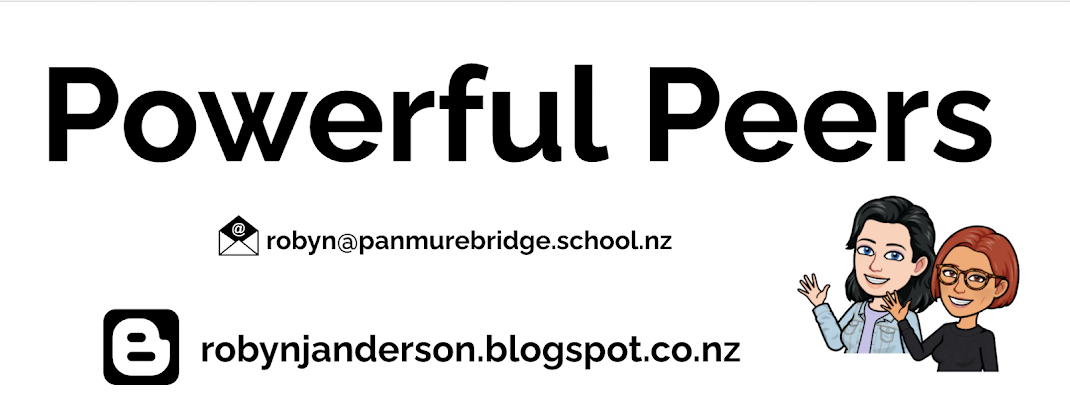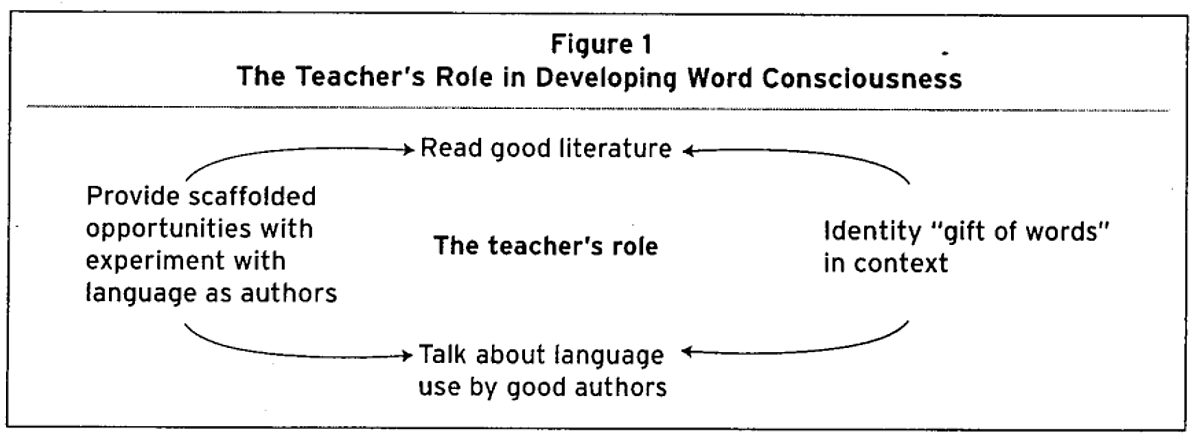As I have previously stated, motivation is intrinsically related to engagement. If my inquiry this year was to make an impact on my learners achievement, I needed to find engaging and purposeful ways for my learners to embrace the challenges that come from being introduced to a wide variety of new vocabulary. At the start of the year I felt that the hurdles in front of us were connected to spelling and my learner's connections to rules of spelling. Time point one spelling and writing assessments showed a huge disconnect between how words sounded and what my learners appeared to hear.
I began by capturing my learner's attitudes towards spelling through the e-asTTle self reflection analysis and through a survey that helped me get to know my learners as spellers. There were definitely some eye opening results with the fact spelling was seen as important but this group of students did not see themselves as being good at spelling with the majority choosing to use an easier word when the one they wanted was not one they could spell. Traditional spelling activities were suggested as ways of strengthening our connections to the conventions of spelling but I was excited by this. I remember as a child learning my words, getting them all correct in the weekly test then never thinking about them again. I didn't see the purpose of the test then and I couldn't see it now. I do remember the students who rarely found success in this activity spending many Fridays in the sickbay. I did not want that pattern to develop so I knew what ever we did it had to be fun, purposeful and achievable. This where, following an online PD session with Louise Dempsey that I blogged about previously, our journey into the world of affixes began.
What I noticed here was that once the knowledge of simple rules and/or conventions of spelling, (eg: dropping the 'e' off a base word before adding the suffix 'ing') was in place the challenge element was lost. My learner's enjoyed the activities but I noticed the time taken to complete them became shorter, and the reliance on the dictionaries to create new words from a base or root word was becoming less and less. Therefore it was time to make some changes to keep the learning and motivation going.
Change came after a meeting with Dr Jacinta Oldehaver. I explained my dilemma and asked if there were any readings she knew of that might support my word consciousness journey. Jacinta shared a reading with me about the word gifting experiences of Sylvia Ashton-Warner. I was about to begin a new T shaped literacy focus and needed to find a way to help my learners connect with the sophisticated vocabulary associated with the unit that they needed to be able to use and apply in context and independently. This post will explain what we did. In a nutshell, what began as a focus on spelling conventions and rules quickly morphed into an inquiry into word consciousness which involved my learners 'being aware of new words, their meanings, and how these words are used. Students who are conscious of the words they are meeting are motivated to learn them and use them.
Student responses to the texts reflected an accurate use of words most had not heard of before, being used both in extended discussions and in the justifications of their thinking. A definite win here! My learners thrive on challenge so as explained in the link to the post above, I added the challenge of each person being required to use their word twice each reading lesson. I noticed that both of my groups had created a tally sheet so the score was kept. I view that as intrinsic motivation at its best!
The fear of spelling a word wrong or choosing a simpler word seemed to have been left behind as the desire to use the words was more powerful. I was able to quickly correct spelling errors with a hotspot style workshop that used the conventions of spelling as a reference point. To consolidate that part we used the dictionaries (our version of 'paper google'), to find other words that followed these conventions so that we could make the all important visual and auditory connections needed. The learning became about the words and not the hurdles of the order the letters are written, that prevent them from being used. My part in this was to model the use of these new words we were meeting across the curriculum. The more I did it the more my students did it. The key learning here as their teacher is, if I want something to happen I need to walk the walk, talk the talk and continually drive the challenge outside of the context in which the words were actually met. You can not simply introduce something and leave it there. New learning must be revisited and used if it is to become internalised knowledge.
The graphic below is something I found after I had been on my inquiry journey. This reaffirms the direction I took to shift student achievement and change my practice was the right one. The reading component in the graphic below aligns with the T shaped literacy units of Great Beginnings, Representation and Genre that I have been doing as part of a research initiative lead by the University of Auckland.
Being confident to use and apply more sophisticated vocabulary in context accurately was a huge step towards changing mindsets. I know this helped us make shifts in literacy in the classroom this year and am looking forward to seeing if there has been a change in the types of words used in our time point two writing assessments. By strengthening students connections to vocabulary and the spelling conventions that accompany these new words, I hoped to see a change in attitude towards word choice which would be transferred to personal writing, higher levels of self efficacy and an overall shift in achievement so that a higher number of our learners are achieving at or above the expected norms in literacy. The most noticeable change has been the change in the mindsets of both myself and my students.





